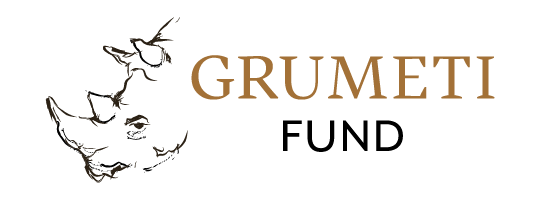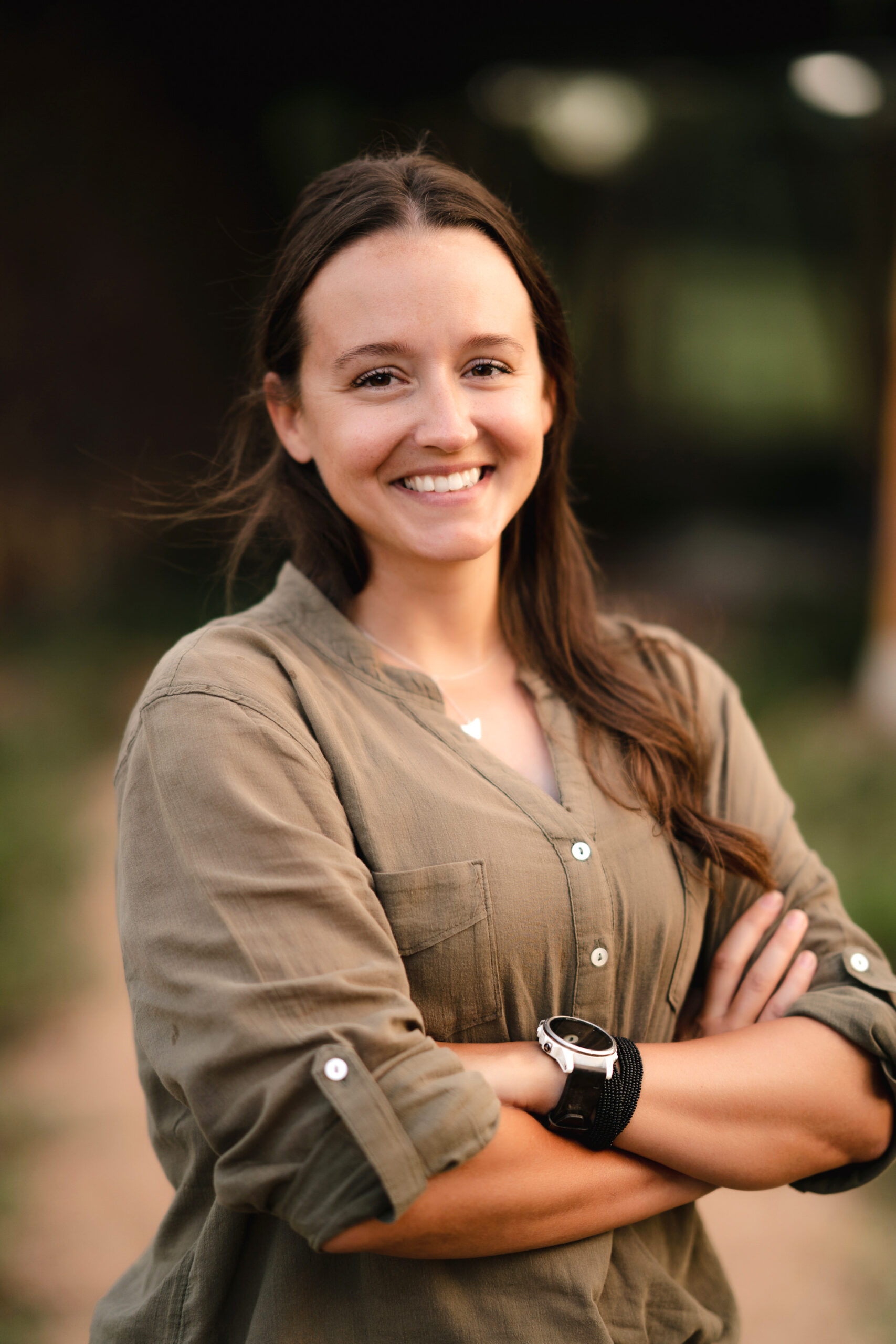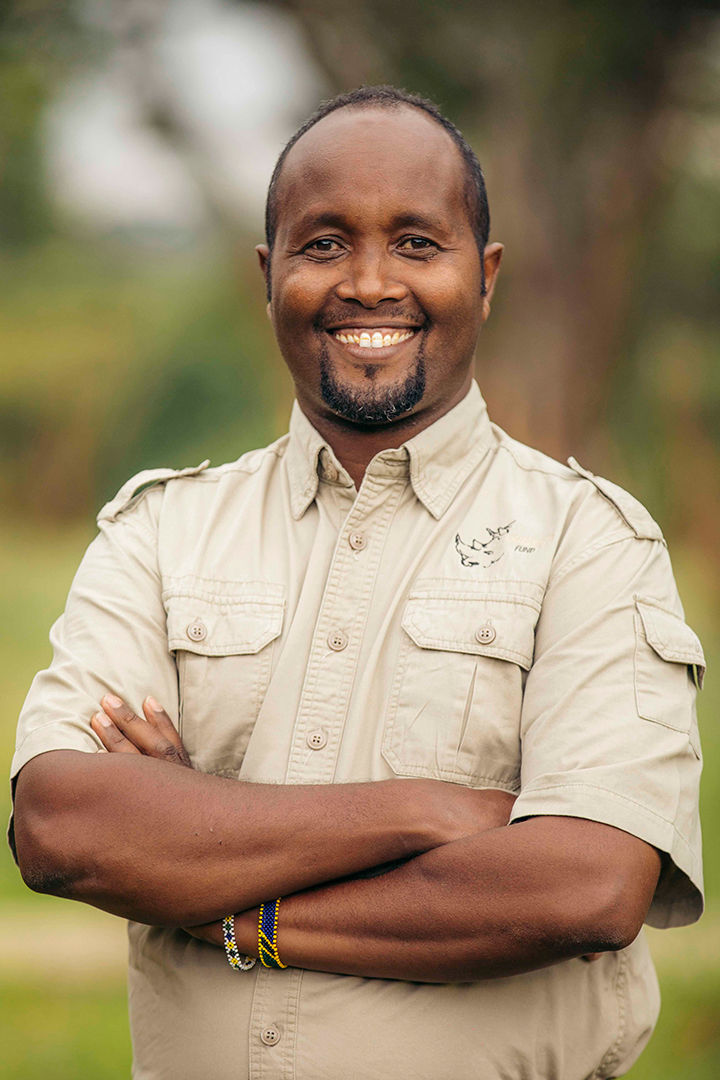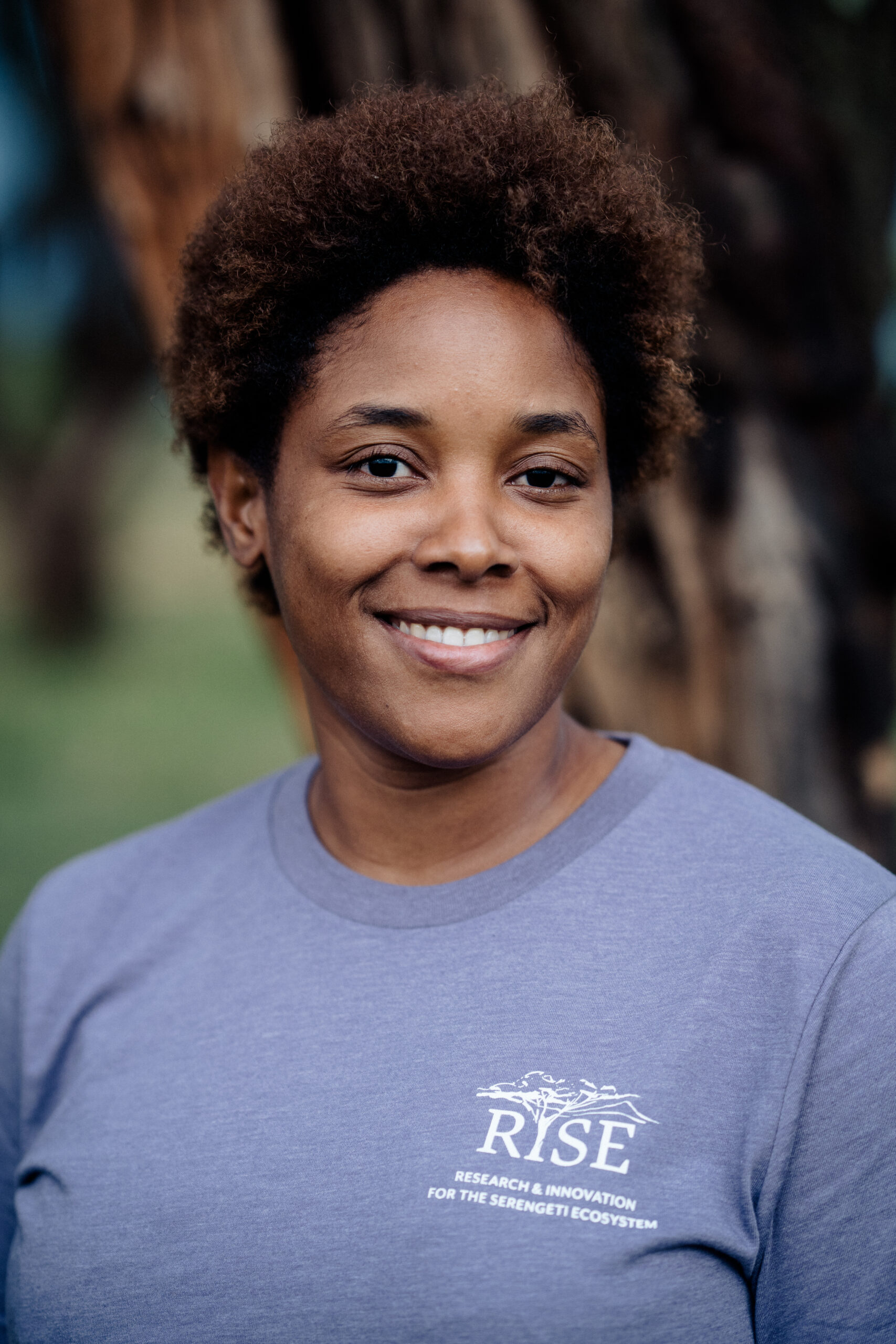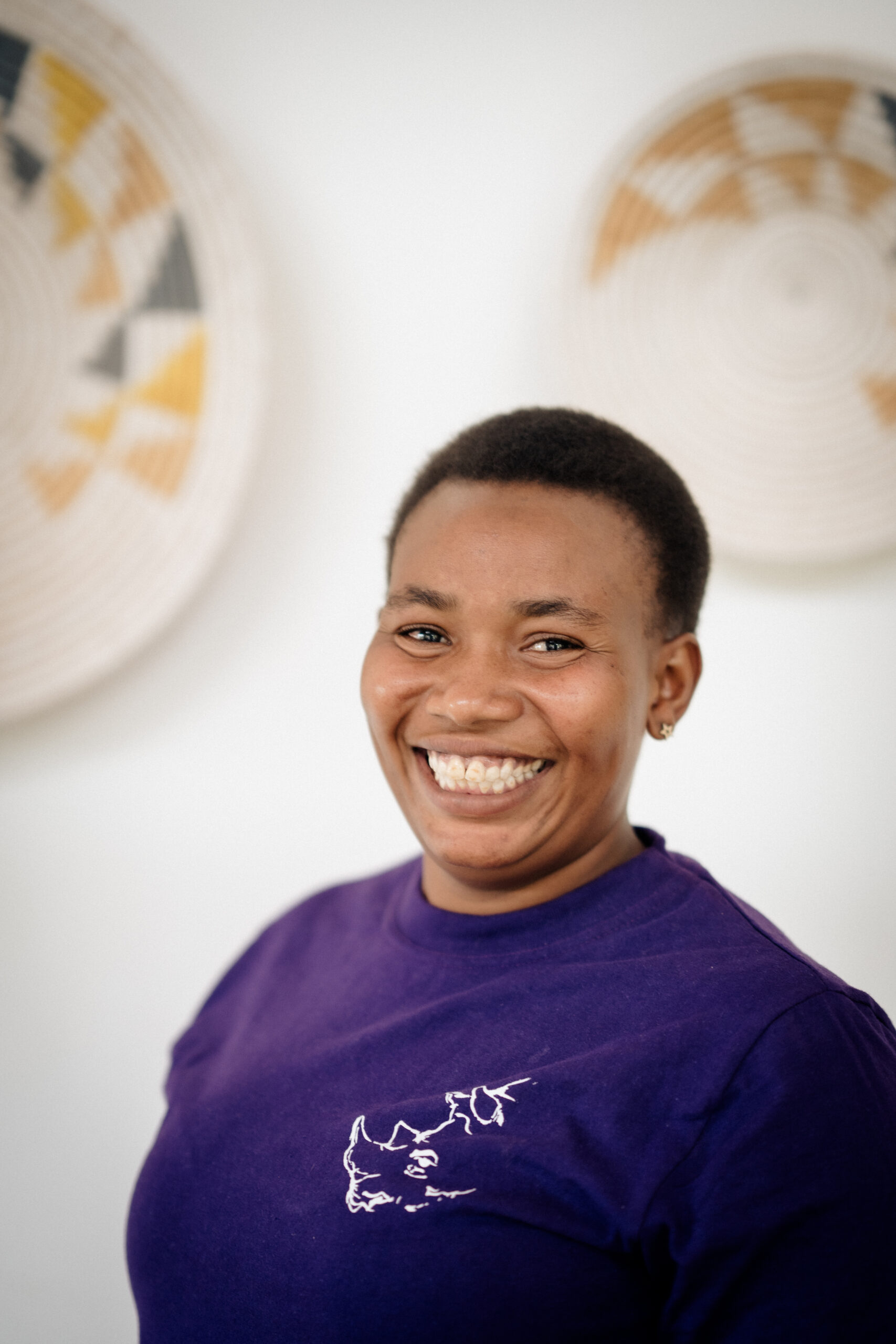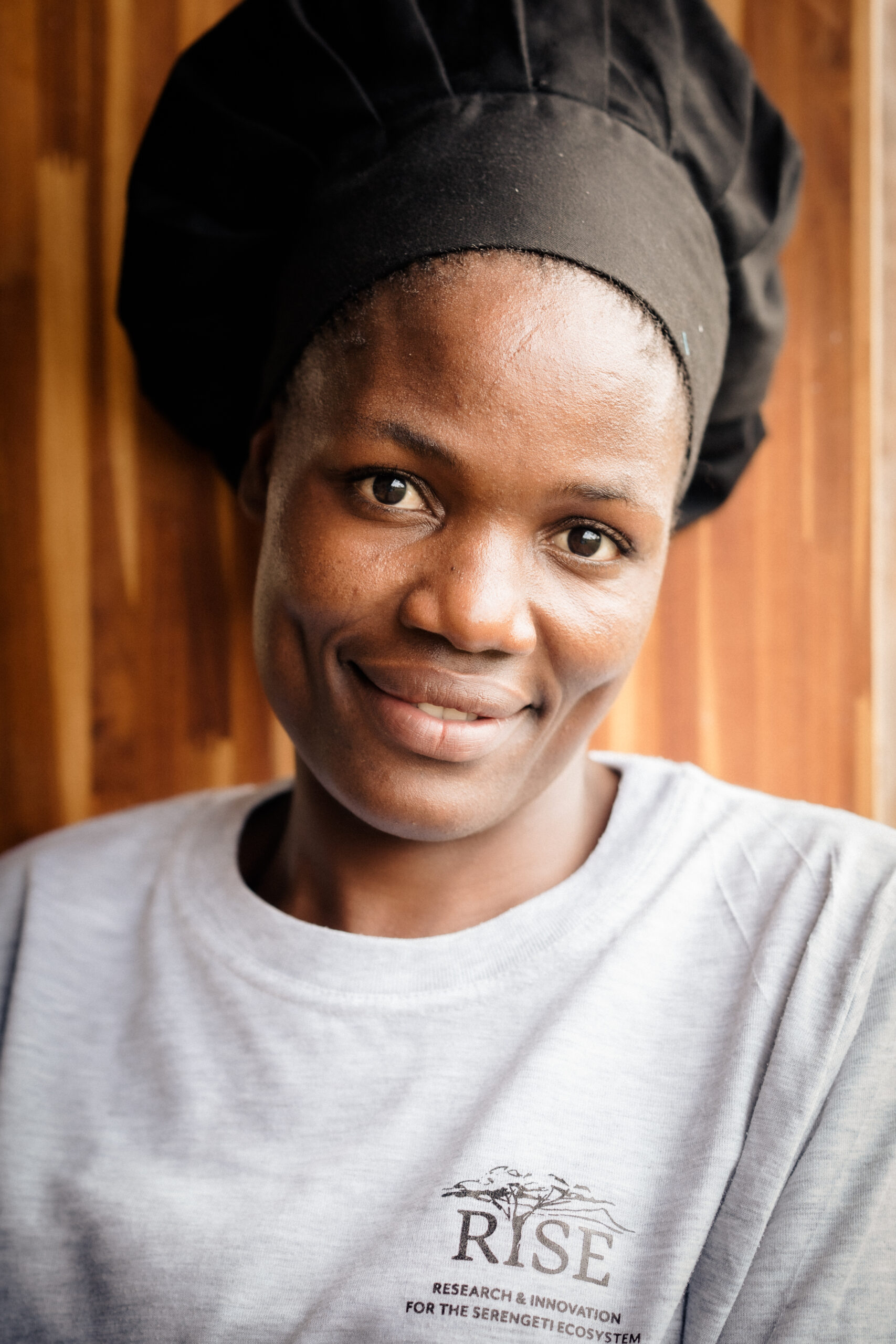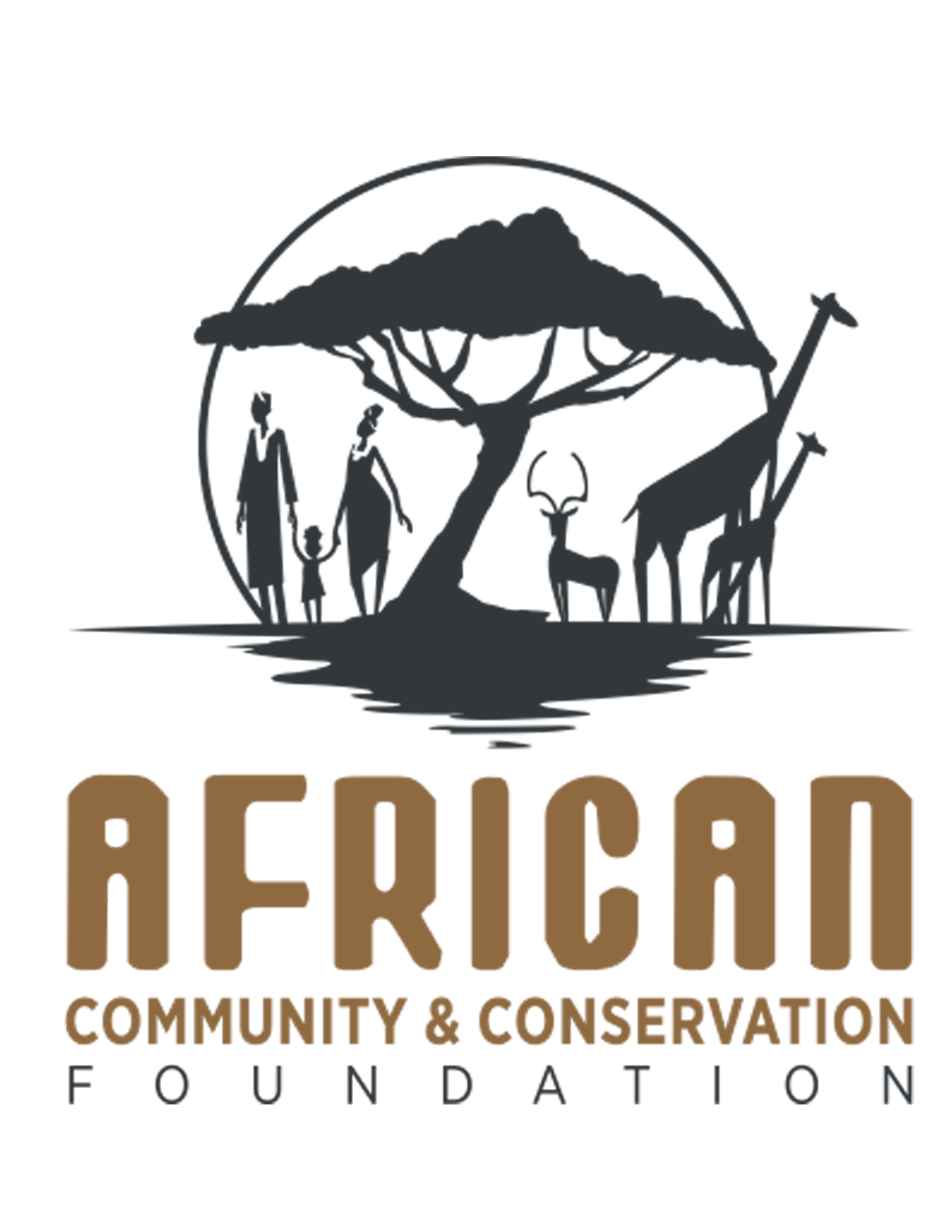Research and Innovation for the Serengeti Ecosystem (RISE)
About Us
Research and Innovation for the Serengeti Ecosystem (RISE) is an applied research program and facility, launched by the Grumeti Fund in 2019. RISE aims to develop and support practical, solution-oriented research for the benefit of the people and wildlife of the Serengeti ecosystem and beyond. RISE seeks to bring together the brightest minds from Tanzania and globally, from graduate students to late career scientists, to work collaboratively on research projects that are fundamentally linked to key questions in conservation science and to produce solutions that are simultaneously innovative and practical. RISE is committed to building in-country capacity and investing in passionate, talented people who are dedicated to the conservation and management of Tanzania’s world-renowned protected areas and natural resources.
Mission
Our mission is to contribute to the development of tools, solutions, knowledge, and capacity to combat the most pressing conservation issues of our time, to support sustainable decisionmaking that benefits the people and wildlife of the Serengeti ecosystem and beyond, while working in collaboration with partners in Tanzania and abroad.
Program
We develop and host training programs for students, early-career researchers, and public and private professionals in the conservation and research sectors. Current programs focus on conservation technology (in collaboration with Fauna and Flora Int’l and WildLabs), ecological and social science field methods, science communication (in collaboration with AfriSOS and Leiden University), and spatial data analysis. We are committed to using our programs to advance the participation of and opportunities for those who have been historically excluded from the conservation sector – we offer select programs exclusively for women and all other programs aim for gender parity.
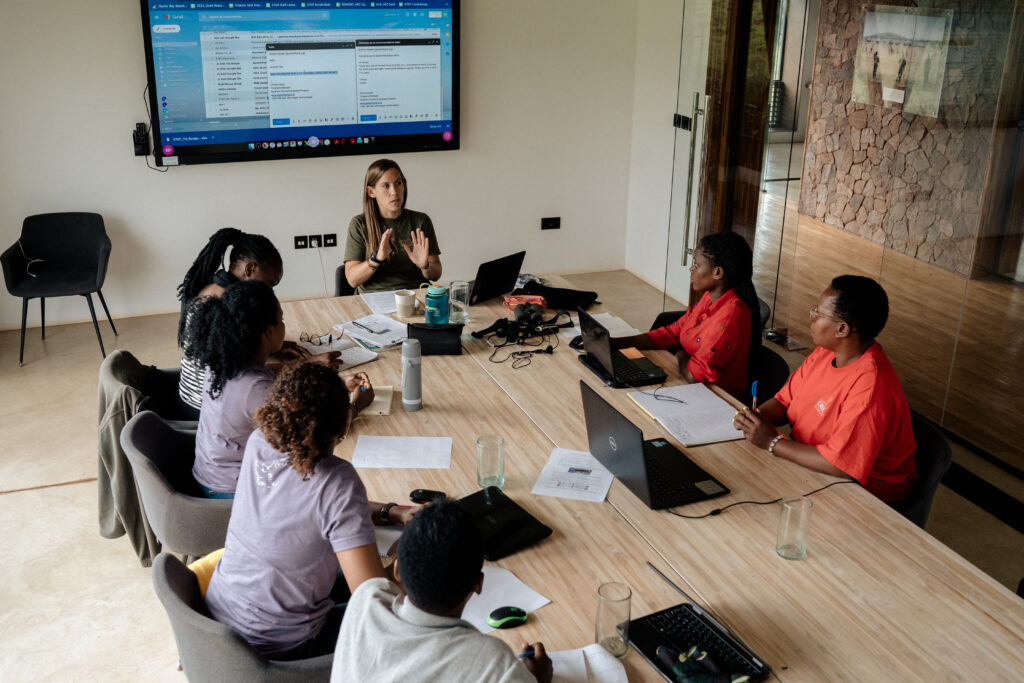
Women in the Field (WIF)
Women in the Field (WIF) is our flagship training program – launched in 2019, this program aims to create a launch pad for the development of the next generation of Tanzanian women scientists and conservationists in a supportive and motivational environment focused on high-quality, skills-focused training. During three-week sessions, we provide students with tangible skills they can use in their careers and connect participants with experts and organizational leaders in the sector. After the program concludes we continue to connect participants with opportunities in the conservation and research sectors and are committed to supporting participants as they advance in their careers. The WIF program has provided the blueprint for the adoption of similar programs in Mozambique and Kenya. WIF would not be possible without the contributions of instructors from the Southern Tanzania Elephant Program, Lion Landscapes, University of Glasgow, and program alumnae that return to share their expertise.
Our Facilities
In 2020, we completed the process of building a state-of-the-art research facility. The facility provides a thoughtfully designed office space and offers the opportunity for leading Tanzanian and international scientists to not only work, but immerse themselves, in the environment that is the focal point of their research. The facility offers a communal workspace, flexible meeting rooms, a large conference room that can hold up to 30 people, bench space to prepare field equipment and samples, and ample storage space.
Fully catered, on-site, tented accommodation is available for up to 12 people at a rate of $10 per person per day. Three spacious tents are situated on raised platforms, each tent is divided into two separate spaces containing two beds each and open and locked storage. Each tent has electricity, a private washroom, and a shower (including hot water). The dining facility contains a full kitchen and seating for up to 25. The kitchen staff provides three basic, delicious meals a day utilizing local ingredients.
Our facilities were designed with a commitment to sustainability – all facilities run on solar with total reliance on rainwater harvested from the roof of our research facility. Buildings are constructed to optimize the use of natural light, cooling, and ventilation. Materials were responsibly sourced, and include FSC certified wood, greenwood decking made from recycled plastic, and stone cladding carefully preserved during excavation for the foundation and re-purposed from old retaining walls. Our beautifully designed interiors feature Tanzanian artisans including Dunia Designs, Shanga, Green Room, and Starfish pottery. We are proud that nearly all other furnishings were built on-site by the carpentry teams from Grumeti Construction.
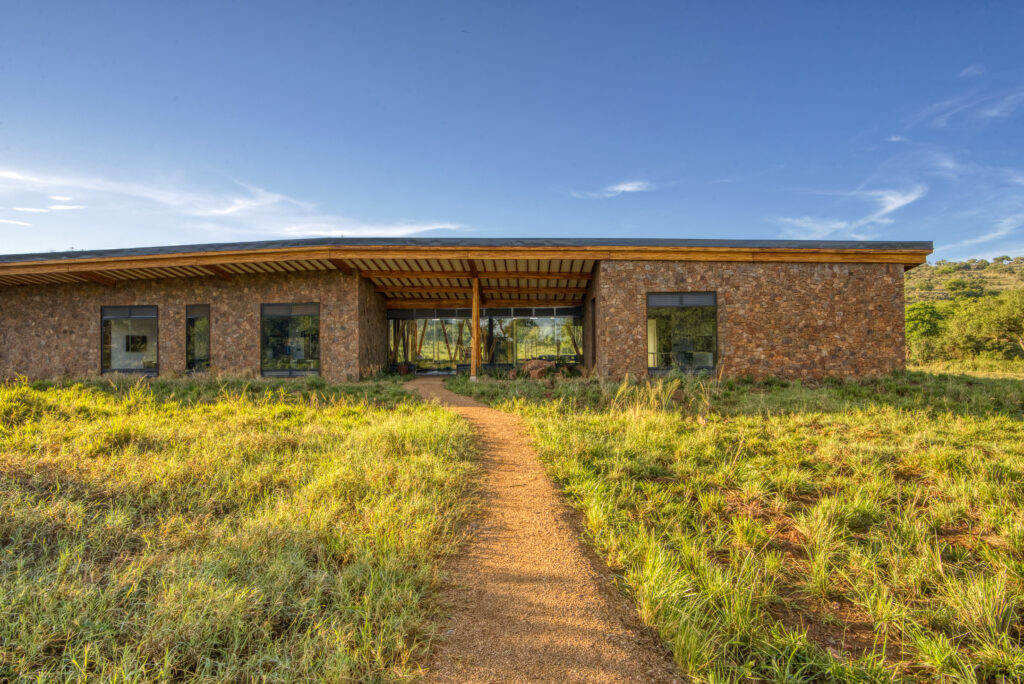
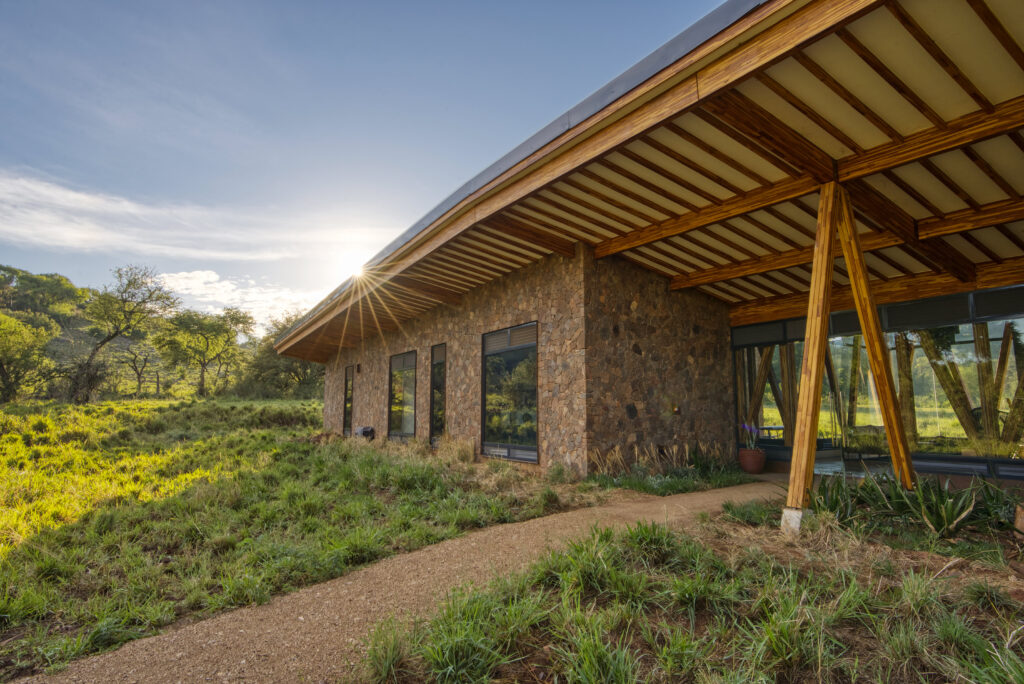
Prospective Researchers
All individuals conducting research in Tanzania must obtain research clearance from Tanzania Wildlife Research Institute (TAWIRI), the Commission for Science and Technology (COSTECH), and the relevant protected area management authorities that govern the areas in which the research will be conducted (TAWA, TANAPA). Foreign researchers will also need to obtain a Class C Residence Permit. New researchers should allow for up to 6 months for proposals to be reviewed and permits to be received.
RISE does not grant research permissions or authorizations.
We are happy to discuss the permitting process for those new to conducting wildlife related research in Tanzania.
If you are interested in collaborating with RISE, please send us an email. We prioritize collaborations which align with our existing work and/or Grumeti Fund research priorities.
As space allows, RISE accommodation and facilities are available to any researchers working in the Ikorongo-Grumeti landscape and adjacent communities. Priority is given to collaborators and the graduate students that we support. Send us an email to inquire about scheduling and availability.
Contact Us
For inquiries about research and/or programmatic collaborations and on-site accommodation and/or logistical support, please contact us at RISE@grumetifund.org
Current Students
Michael Kimaro, University of Groningen, PhD
“Managing human-wildlife conflict along hard boundaries of African protected areas through fencing”
Vainess Laizer, Sokoine University of Agriculture, MSc
“Breeding success, breeding population status, and habitat preferences of the critically endangered white-backed vulture (Gyps africanus) in Western Serengeti, Northern Tanzania”
Juma Minya, University of Glasgow, MSc
“Assessment of age and sex structures of elephants in western Serengeti”
Exavery Kigosi, Leiden University, PhD
“Impacts of Invasive Alien Plants in the Western Serengeti”
Past Students
Loyce Majige, University of Glasgow, MSc
“Impact of electric fencing on elephant (Loxodonta africana) movement behavior along a protected area boundary of the Serengeti ecosystem”
Women in the Field Alumnae
As of 2022, thirty-four women have completed the program. Thirteen women were connected with a new job or internship opportunity as a result of connections made during the program, and 7 women have successfully obtained fully funded graduate school opportunities with support from program staff and visiting instructors.
Participants
WIF 2019
Kim Lim – Southern Tanzania Elephant Program
Loyce Majige – Southern Tanzania Elephant Program
Magreth Victor – Eastern Arc Mountains Conservation Endowment Fund
Vainess Laizer – Sokoine University of Agriculture (MSc)
WIF 2020
Leena Lulandala – Camp and research administrator, Asilia Africa
Nyasatu Mkaka – Lion Landscapes and University of Oxford (Postgraduate Diploma)
Plakizia Msalilwa – Oikos, University of Glasgow (MSc)
Yamat Lengai – African People and Wildlife
WIF 2021
Angel Masaki – Univerity of Jagiellonian, Poland (MSc)
Catherine Kimario – Intern, Southern Tanzania Elephant Program
Cephuline Makungu – Seeking opportunities
Christina Mgonja – Field Assistant, Southern Tanzania Elephant Program
Damfa Hassan – Seeking opportunities
Doreen Mungure – Seeking opportunities
Doreen Olomi – TAWA
Evaline Munisi –TAWIRI
Georgina Minja – Seeking opportunities
Huruma Mbugi – Lion Landscapes
Jesca Mchomvu – Tanzania Wildebeest Research Project, TAWIRI
Lucia Romward – Tutorial Assistant, University of Dar es Salaam
Lollian Kosyando – University of Glasgow (MSc)
Maria Matata – Wildlife Officer intern, Mwanza Airport
WIF 2022
Agnes Ngao – Forest Officer, Sokoine University of Agriculture
Beatrice Msenga – Nelson Mandela African Institute of Science and Technology (MSc)
Beatrice Modest – Wildlife Officer, Hanang District Council
Debora Magesa – Assistant Lecturer, Sokoine University of Agriculture
Elizabeth Masatu – Intern, Southern Tanzania Elephant Program
Ellen Ponsian – TAWIRI
Eva Johnson – EDGE Fellow, Zoological Society London
Happyness Jackson – Landscape and Conservation Mentors Organization (LCMO)
Huruma David – Intern, Southern Tanzania Elephant Program
Irene James – Sokoine University of Agriculture (MSc)
Providence Nyenza – Forest Officer, Tanzania Forestry Services
Tatu Shaibu – Seeking opportunities
Past and Current Instructors
Aidat Mugula, MD, MSc
Ana Grau, MSc – Lion Landscapes
Anna Czupryna, PhD – University of Glasgow
Anna Estes, PhD – Carleton College
Catherine Getige, MSc – Ministry of Health
Emma Impink – Southern Tanzania Elephant Program
Evaline Munisi, MSc – TAWIRI
Josephine Smit, PhD – Southern Tanzania Elephant Program
Plakizia Msalilwa – Oikos, University of Glasgow
Sarah Cleaveland, PhD – University of Glasgow
Vainess Laizer – Sokoine University of Agriculture
